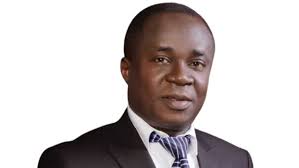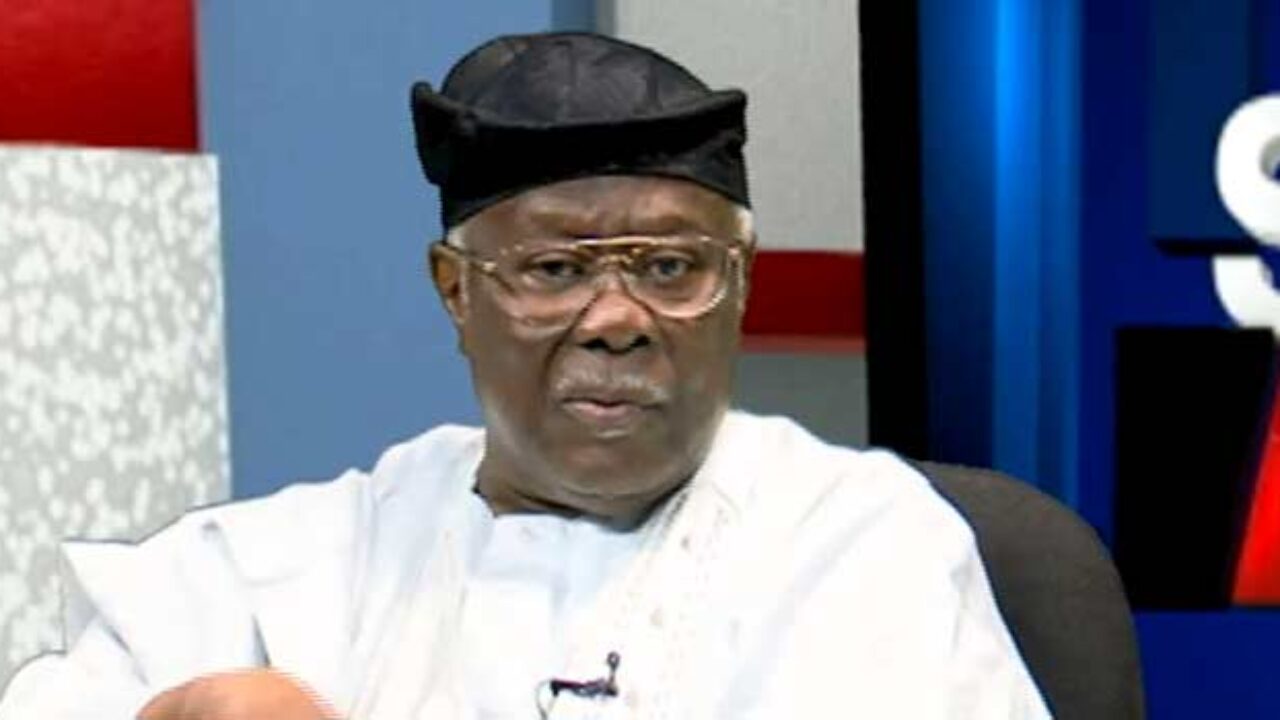World Bank: Nigeria, other African economies to grow at 3.4% in 2024

..Says increased private consumption, declining inflation support economic rebound
By Mathew Brangyet
The World Bank in its latest report, on Tuesday, projected that growth will rebound in Nigeria and other African economies from 2.6 per cent in 2023 to 3.4 per cent in 2024 and 3.8 per cent in 2025, indicating a positive sign for the present administration and the region’s economic development.
According to the report, increased private consumption and declining inflation were supporting an economic rebound in Sub-Saharan Africa.
It, however, noted that the recovery remained fragile due to uncertain global economic conditions, growing debt service obligations, frequent natural disasters, and escalating conflict and violence.
READ ALSO: Edo Deputy Governor impeached
This growth could lead to increased investment opportunities, job creation, and improved living standards for the people in these countries.
An economic expert, Veronica Bernard Adaka, who welcomed the World Bank’s report, however, said addressing these challenges will require concerted efforts from governments – both federal and subnational, businesses, and international partners to implement effective policies and strategies aimed at promoting stability, improving infrastructure, combating corruption, enhancing security, and mitigating the impact of external shocks and environmental risks.
She said President Bola Tinubu’s administration may benefit from this projection if he initiates and implement good policies that could drive this growth.
“It’s important for policymakers and businesses to capitalize on this growth potential by implementing sound economic policies and fostering an environment conducive to sustainable development,” she said.
World Bank Chief Economist for Africa, Andrew Dabalen, in a statement noted: “Per capita Gross Domestic Product (GDP) growth of one per cent is associated with a reduction in the extreme poverty rate of only about one per cent in the region, compared to 2.5 per cent on average in the rest of the world.
“In a context of constrained government budgets, faster poverty reduction will not be achieved through fiscal policy alone.
“It needs to be supported by policies that expand the productive capacity of the private sector to create more and better jobs for all segments of society.”
The report, however, called for several policy actions to foster stronger and more equitable growth – “these include restoring macro-economic stability, promoting inter-generational mobility, supporting market access, and ensuring that fiscal policies do not overburden the poor.
“However, this recovery remains tenuous. While inflation is cooling across most economies, falling from a median of 7.1 to 5.1 per cent in 2024, it remains high compared to pre-COVID-19 pandemic levels.
“Additionally, while growth of public debt is slowing, more than half of African governments grapple with external liquidity problems and face unsustainable debt burdens.
“Overall, the report underscores that in spite of the projected boost in growth, the pace of economic expansion in the region remains below the growth rate of the previous decade (2000-2014).
“Political instability and geopolitical tensions weigh on economic activity and may constrain access to food for an estimated 105 million people at risk of food insecurity due to conflict and climate shocks.
“African governments’ fiscal positions remain vulnerable to global economic disruptions, necessitating policy actions to build buffers to prevent or cope with future shocks.
“What’s more, inequality in Sub-Saharan Africa remains one of the highest in the world, second only to the Latin America and Caribbean region, as measured by the region’s average Gini coefficient”.
It stated that access to basic services, such as schooling or healthcare, remained highly unequal in spite of recent improvements.
“Disparities also exist in access to markets and income-generating activities, irrespective of people’s skills. Taxes and poorly targeted subsidies may also have an outsized impact on the poor.”
The report called for several policy actions to foster stronger and more equitable growth.
“These include restoring macro-economic stability, promoting inter-generational mobility, supporting market access, and ensuring that fiscal policies do not overburden the poor.”
Despite the projected growth in Nigeria and other countries in sub-Saharan Africa, several potential challenges, according to experts, could hinder the projected economic growth in Nigeria and other African economies in 2024.
These challenges may include: Political instability: Political uncertainty and instability can deter foreign investment and disrupt economic activities; infrastructure deficits: Inadequate infrastructure, such as power supply, transportation, and communication networks, can impede economic growth and development.
External shocks: External factors such as commodity price fluctuations, global economic downturns, and geopolitical tensions can negatively impact African economies; corruption and governance issues: Corruption and weak governance can undermine investor confidence and hinder economic progress.
Security concerns: Persistent security challenges, including terrorism, conflict, and crime, can disrupt economic activities and deter investment.
Climate change and environmental degradation: Environmental factors such as droughts, floods, and other natural disasters can affect agricultural productivity and exacerbate food insecurity.








